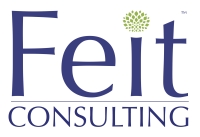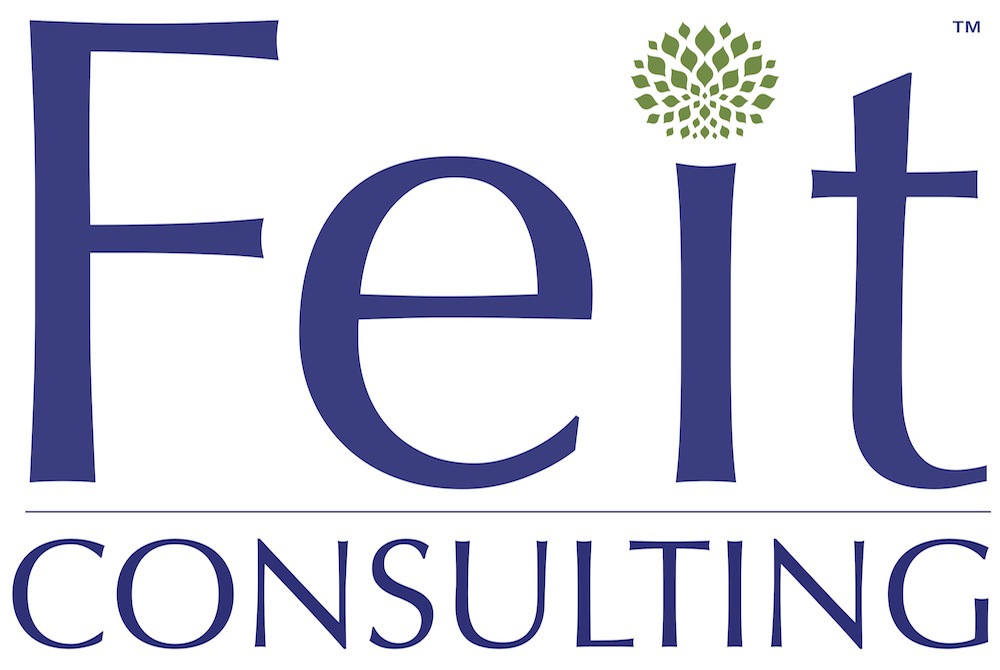
Is it smart to go co-terminus?
By Michael Feit | Contract Negotiations , Pricing , White Papers
This question comes up often. Most often the answer is yes. Making contracts co-terminus can be an excellent strategic tactic for contract comparisons and creating negotiation leverage. It can also be advantageous to have multiple products expire at the same time to simply better align resources. Having several products in play during a negotiation cycle typically allows the firms to strategically approach negotiations from multiple angles. Additionally, the more a firm is purchasing at one time from a vendor, the greater that firm’s purchasing power.
To make your firm co-terminus, you may need to extend existing contracts. But before extending, it is important to understand fully what the extension entails. What is the cost/benefit of extending? Make sure it is worthwhile based on your firm’s legal information strategy and cost ramifications.
Learn more about preparing for your upcoming legal information contract negotiations with Feit Consulting’s white paper, Optimizing Legal Information Pricing.






